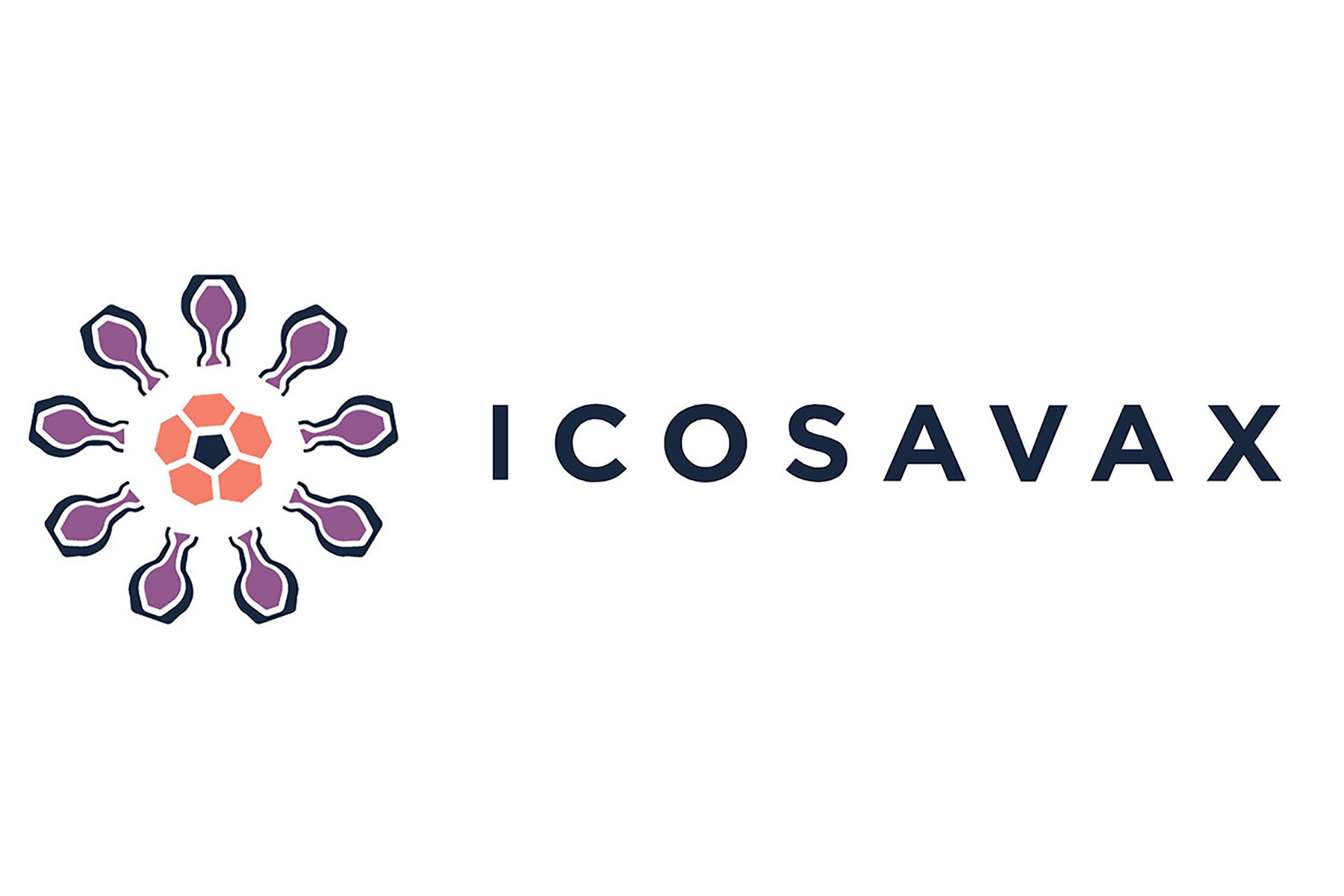Icosavax
Computationally Designed VLP Vaccine Platform
Compared to other vaccine modalities being pursued for combination vaccines (such as mRNA and protein subunit vaccines), virus-like particle (VLP) vaccines resemble the structure of real viruses. VLP vaccines hold the potential to improve upon the magnitude and durability of immune responses and offer other potential benefits. The history of VLP vaccines includes some of the world’s most effective vaccines, including those against Hepatitis B and HPV.
In the past, VLP vaccines have relied on proteins that naturally fold into VLPs. Icosavax’s platform technology enables the computational design and display of antigens on VLPs, using a straightforward manufacturing process. This allows the company to develop and manufacture combination VLP vaccines against targets that have not been possible with this modality previously. Combination vaccines are increasingly being sought as a means to increase vaccination rates. With a single injection that protects against multiple illnesses, combination vaccines are easier to administer and require fewer appointments from the general public.
Formed in 2017 to advance the breakthrough VLP technology from the Institute for Protein Design at the University of Washington, Icosavax has advanced VLP-based vaccine candidates in clinical trials for respiratory syncytial virus (RSV) and human metapneumovirus (hMPV). Clinical data announced in August 2023 for IVX-121 against RSV demonstrate substantial durability of neutralizing antibody response at 12 months after a single administration of IVX-121 and initial evidence for revaccination potential. The company’s lead program is IVX-A12, a potential first-in-class combination vaccine candidate for RSV and hMPV. Icosavax plans to release topline interim data from this Phase 2 trial in December 2023.







